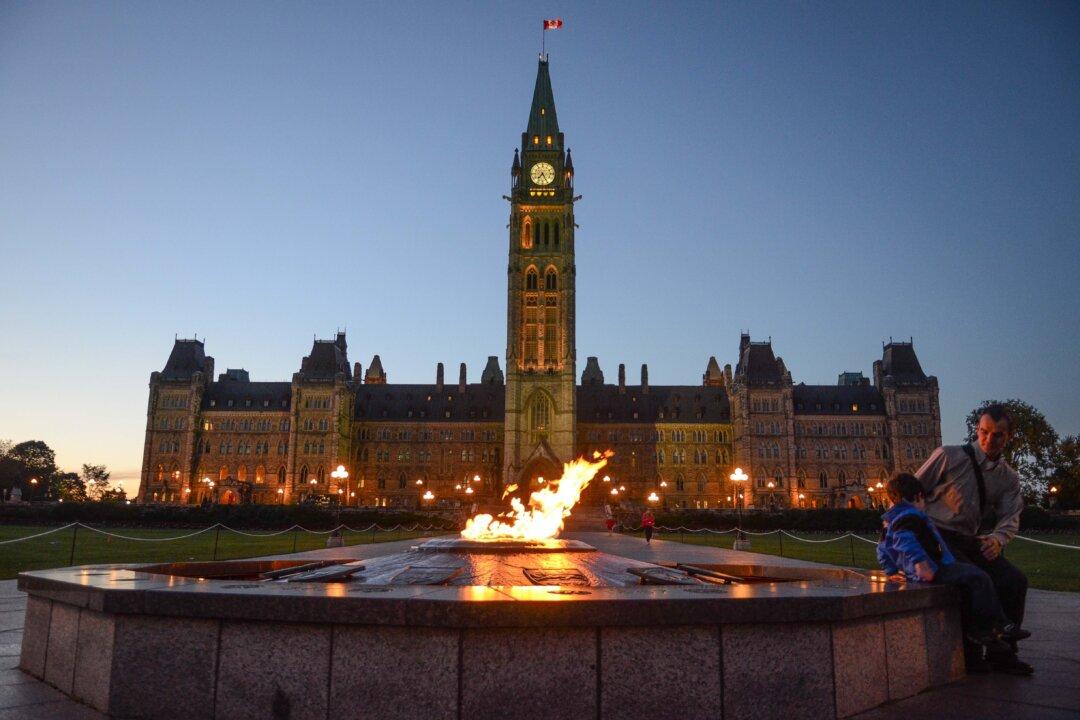OTTAWA—Canadians can expect to see multiple federal election debates during this campaign season, likely over the summer and in different formats, as part of a major upheaval in the way the leaders square off in person.
YouTube, live-streaming, multiple moderators—it’s all on the table in the run-up to the October vote.
The Conservative Party of Canada appears to be taking the first step in shaking up the debate system, rejecting outright the traditional model of one debate each in French and English, both tightly controlled by the major networks.
The Conservatives and the NDP have instead said yes to two new debates—one proposed by the French-language network TVA and another hosted in August by Maclean’s magazine. And they’re willing to do more.
The Liberals, meanwhile, haven’t made any commitments, but say that the time has come to create a new independent debate commission to oversee the particulars.





